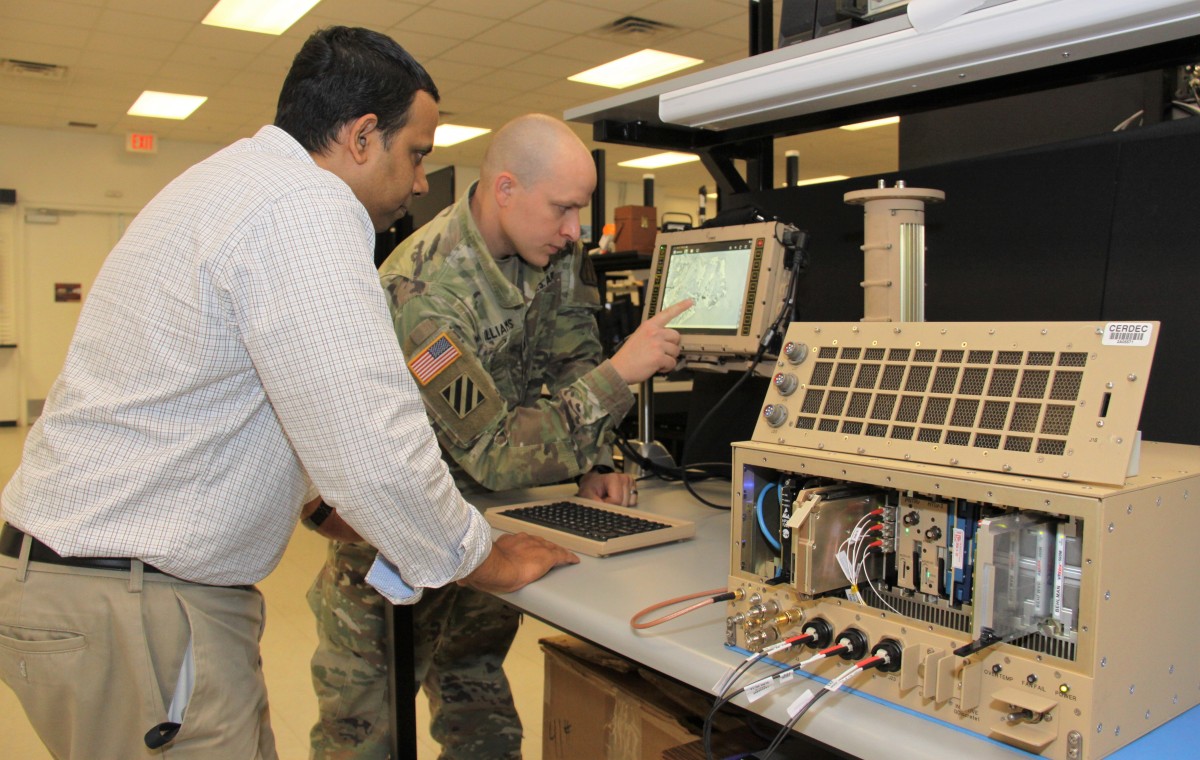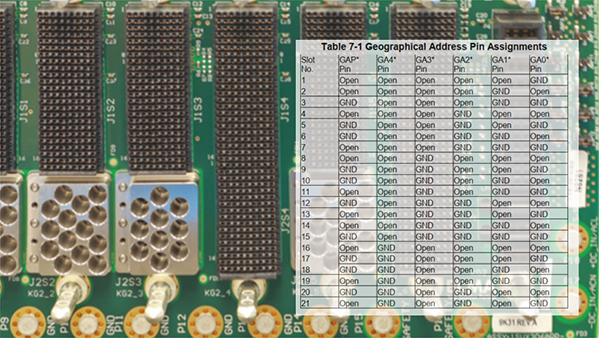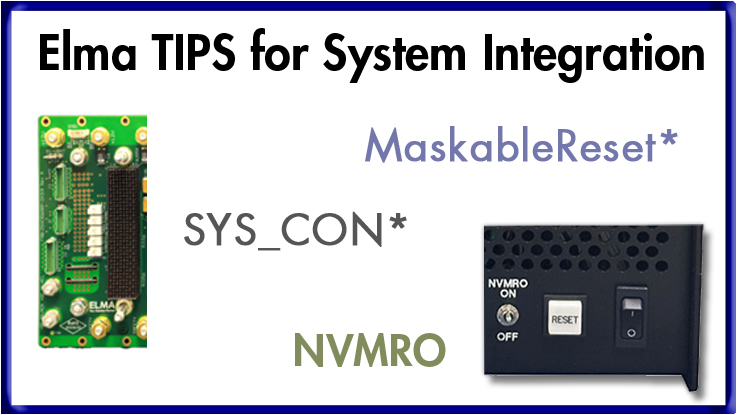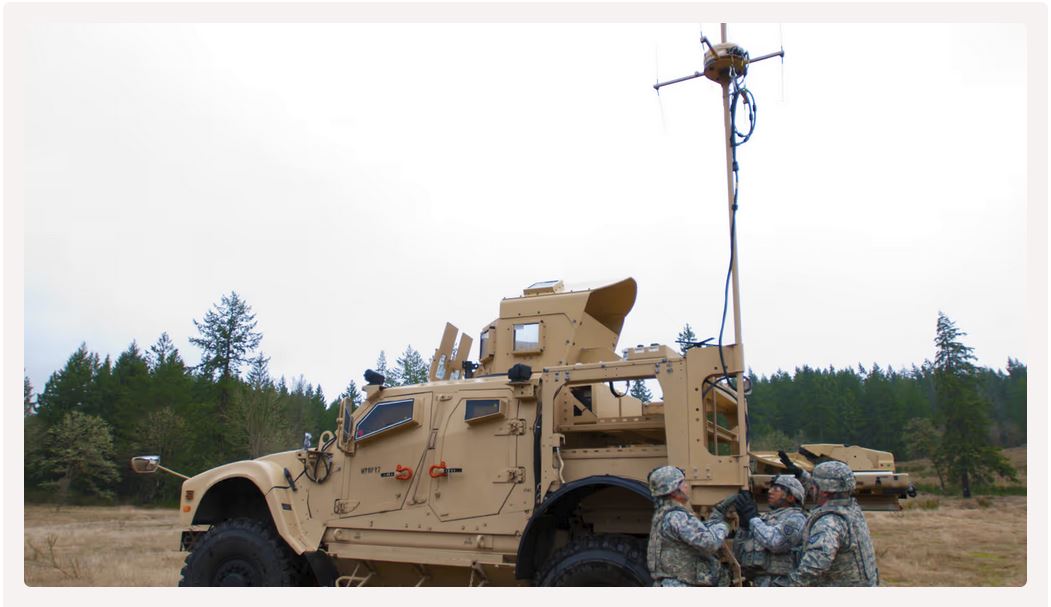
How is proven interoperability strengthening the MOSA ecosystem and what challenges have been addressed through successful partner demonstrations?

In this TIP, we address another commonly asked question: what is Geographical Addressing and how do you use it?

What the heck are SYS_CON*, NVMRO, and MaskableReset*? | Elma TIPS for VPX System Integration
Aug 28
2025
In this Elma TIP, we tackle basic starting points for VPX system integration. Customers often ask us what are SYS_CON*, NVMRO, and MaskableReset*, or why isn't my system working. Often, it turns out to be an issue with these 3 backplane signals.

Chassis management significantly increases the reliability and longevity of a system, providing a data-driven insights into the state of your system.
With more than four decades under its belt, VME is still in use across a range of industries and applications. Many companies still need to support exisitng installations using VME - Elma can guide the way.
